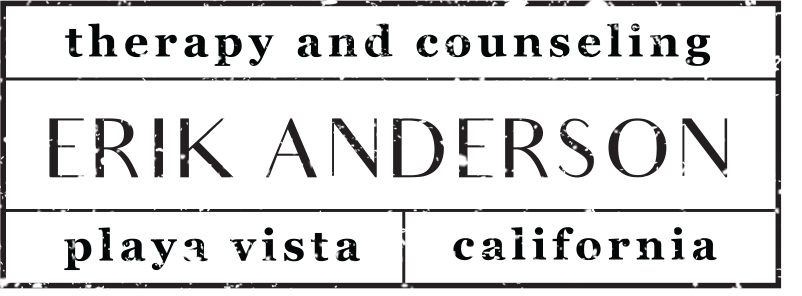Does Therapy Help Anxiety?
If you experience symptoms of anxiety such as panic attacks, preoccupation with worry, sleeplessness, indecision or restlessness, you should know that you’re not alone. Nearly 20% of the U.S. population suffers from anxiety on a daily basis. There are many different types of anxiety disorders that can range from obsessive-compulsive tendencies to phobias. The most effective treatment for most anxiety disorders is a combination of therapy and medication. So how does therapy help with anxiety treatment? Let’s take a look.
Types of Therapy Used to Treat Anxiety
An experienced and licensed therapist will be well-versed in the types of therapy used today to treat anxiety disorders. These approaches are evidence-based and have proven to be very effective either alone or combined to create individualized treatment plans. While medication can be effective at treating the symptoms of anxiety, therapy does more to help solve and prevent the daily issues that anxiety can cause. Therapy can help people identify, understand, and challenge their anxious thoughts and feelings so they can live more fulfilling lives.
Cognitive Behavioral Therapy
Cognitive behavioral therapy (CBT) is the most well-known and widely used therapy that does help anxiety. This counseling method helps people to recognize the relationship between their own thoughts, feelings, and behaviors. Therapists use CBT to teach clients to replace distorted thinking patterns with a more positive outlook along with adaptive behaviors that reduce stress.
Psychodynamic Therapy
Modern psychodynamic therapy explores how our past experiences affect our current behaviors and thought processes. Together with a therapist, clients discover unconscious patterns and associations while learning more about themselves. Through psychodynamic therapy, thoughts and behaviors that lead to anxiety are identified and solutions are developed.
Exposure Therapy
Another therapy that does often help anxiety is repeated exposure to imagined or real-life situations. Through exposure to feared situations or objects, clients gain a sense of control over these situations and learn to manage the worry associated with them. While this may sound overwhelming, therapists support clients to make sure exposures are challenging without being traumatic. Exposure therapy is often done in conjunction with cognitive behavioral therapy.
Complementary Suggestions
Your therapist may also suggest complementary therapies that you can experiment with to help curb your anxiety and manage stress levels. Some of these wellness therapies may include:
Exercise
Healthy lifestyle changes
Relaxation techniques
Support groups
Avoiding caffeinated beverages
If complementary therapy does help your anxiety to subside, talk therapies and medications can become even more effective.
When to See a Therapist
It’s normal for everyone to feel symptoms of anxiety from time to time. But when your anxiety lasts for longer periods and interferes with your quality of life, it’s time to seek help from a professional. A qualified therapist can help you determine your next steps and develop a treatment plan. They may recommend that you consult a medical professional as well, to rule out any underlying health issues. Therapy alone does help anxiety in most patients who commit to their treatment.
Don’t let your anxiety go untreated; anxiety is easiest to treat when caught early. But even issues with anxiety that have persisted for years can improve significantly with treatment. Contact me today to book your first session and take a step towards relieving your stress. I would be delighted to help you better manage anxiety and depression.
FAQs
How long does it take for therapy to help with anxiety?
Because every case of anxiety differs in context and severity, the number of therapy sessions it takes to help relieve symptoms of anxiety can vary widely. However, the vast majority of clients report that about three months of therapy does help their anxiety to reduce or subside altogether. For some, relief may take place sooner, and for others, it may take longer.
What are the symptoms of anxiety?
Anxiety can cause a long list of symptoms, including some you may not even associate with anxiety. Here are a few of the most common symptoms that people with anxiety disorder experience:
Feelings of worry
Nervousness and being tense
Feelings of dread
Rapid heart rate or breathing
Sweating
Twitching or trembling
Difficulty focusing
Indecision
Insomnia
Panic attacks
Obsessions over ideas
Performing repetitive behaviors or rituals
Nausea and GI issues
Social withdrawal
How does online therapy help with anxiety?
For some people, venturing out to a therapist’s office for in-person sessions can be a cause for anxiety in itself. They may feel much more comfortable in their own home while speaking to a therapist using online teletherapy. Teletherapy can also be a great option when traveling, or when anxiety episodes hit. I offer online sessions for people throughout the state of California.


